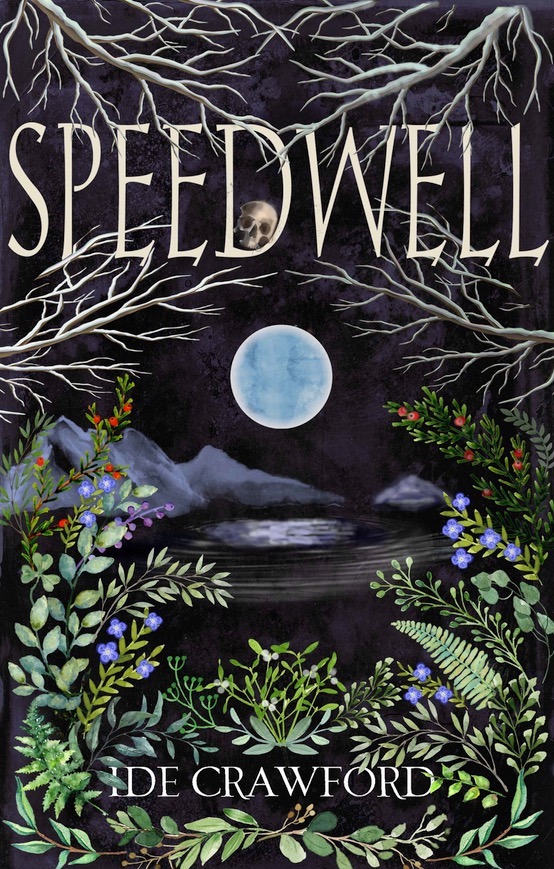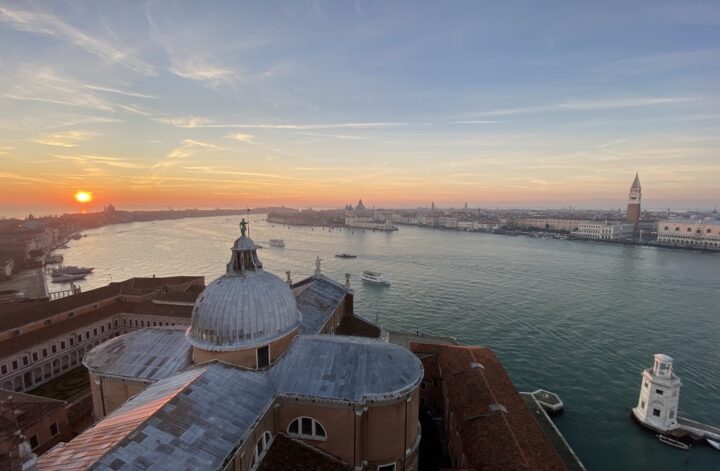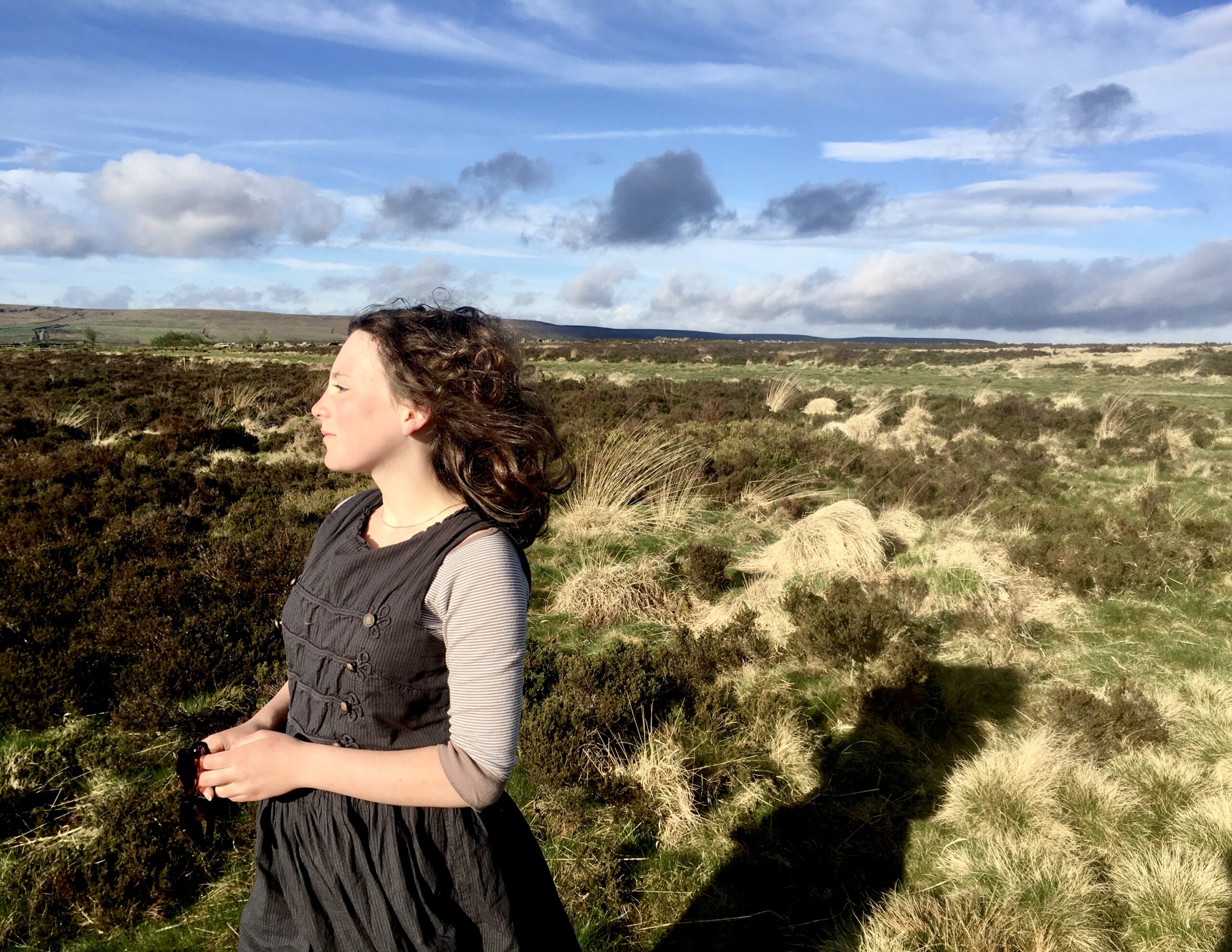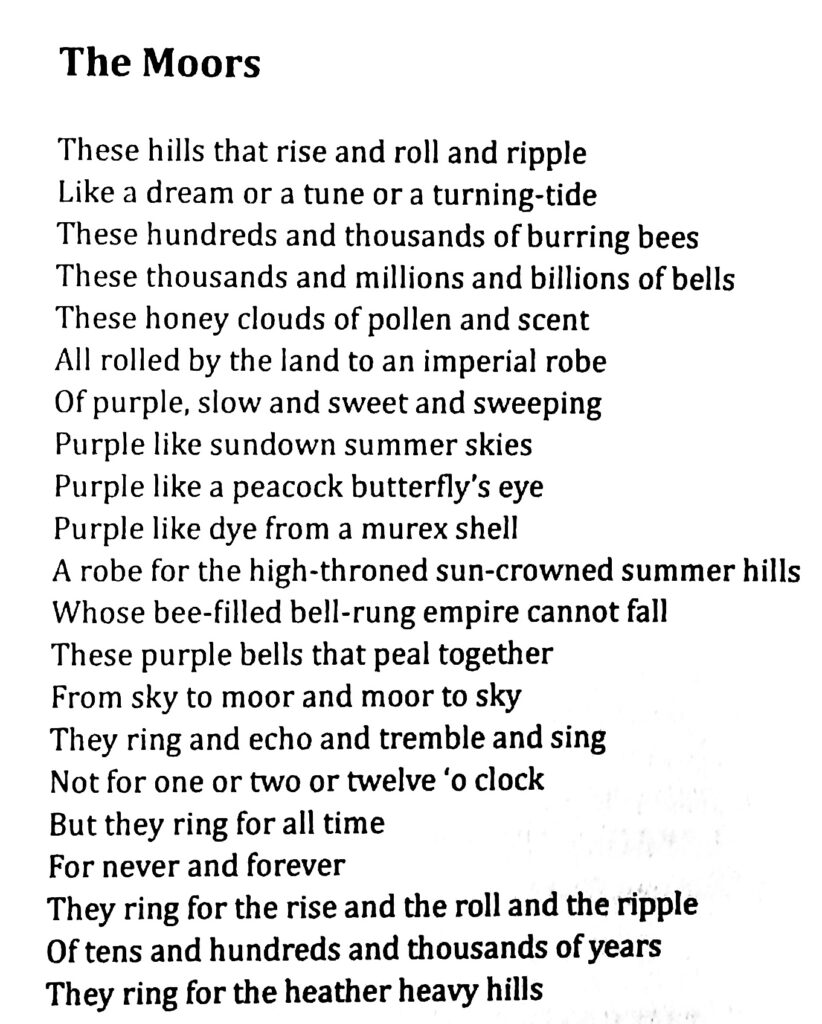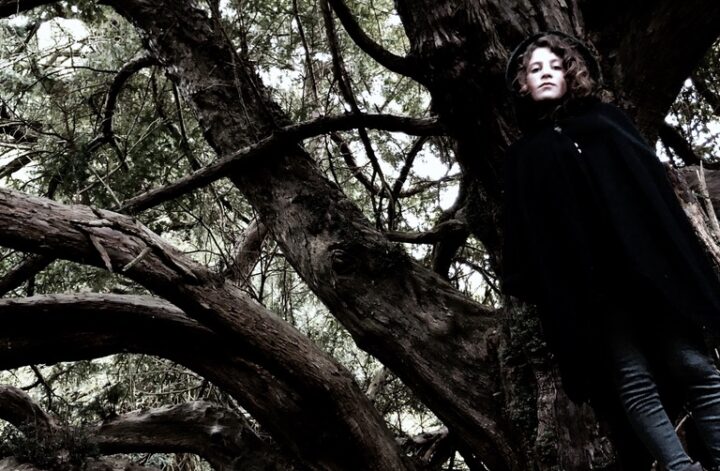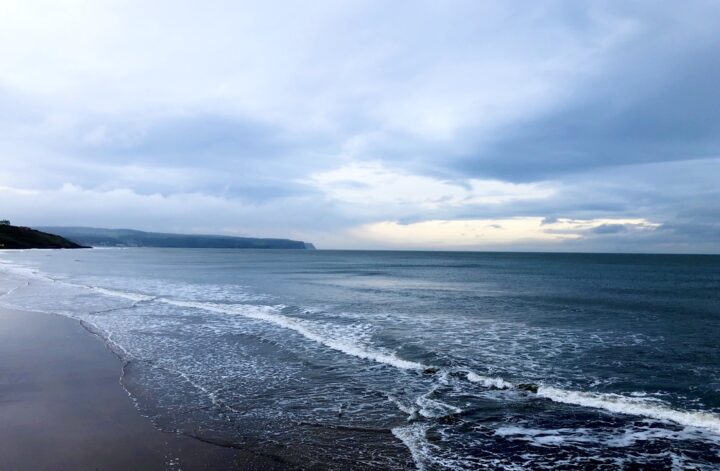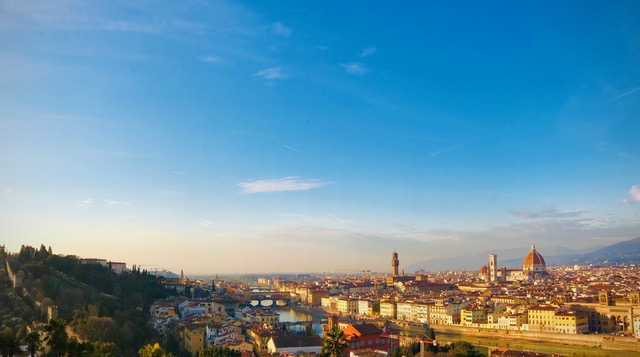Outside the village in Wales where I was born there was a place the children were afraid to go.
Speedwell is my ghostly teen mystery built around the extraordinary secret history of that place.
Tess has seven days to find a missing person who has been lost for two thousand years. She has enough on her mind already, with Dad recovering from a breakdown for which she feels partly responsible. But soon, as the past bleeds through into the present, she and her brother Robin receive uncanny intimations of the troubles of another family, torn apart two millennia ago.
The corner of the Welsh isle of Anglesey where they are staying seems very ordinary at first, but strange things are washed up in the tide, and at the ruined church a veil of yews is all that hangs between the living and the dead.
Tess and Robin discover that this shore was the stage for the Druids’ last stand against the Romans, a clash that echoes through time. In its aftermath, a father disappeared. Now his daughter hunts for him through the ages, and will not let them be until they join the search – but Tess soon finds that the mystery has a menacing guardian. A quest through natural magic and Celtic myth leads to the heart of a secret darker than she could ever have imagined.
